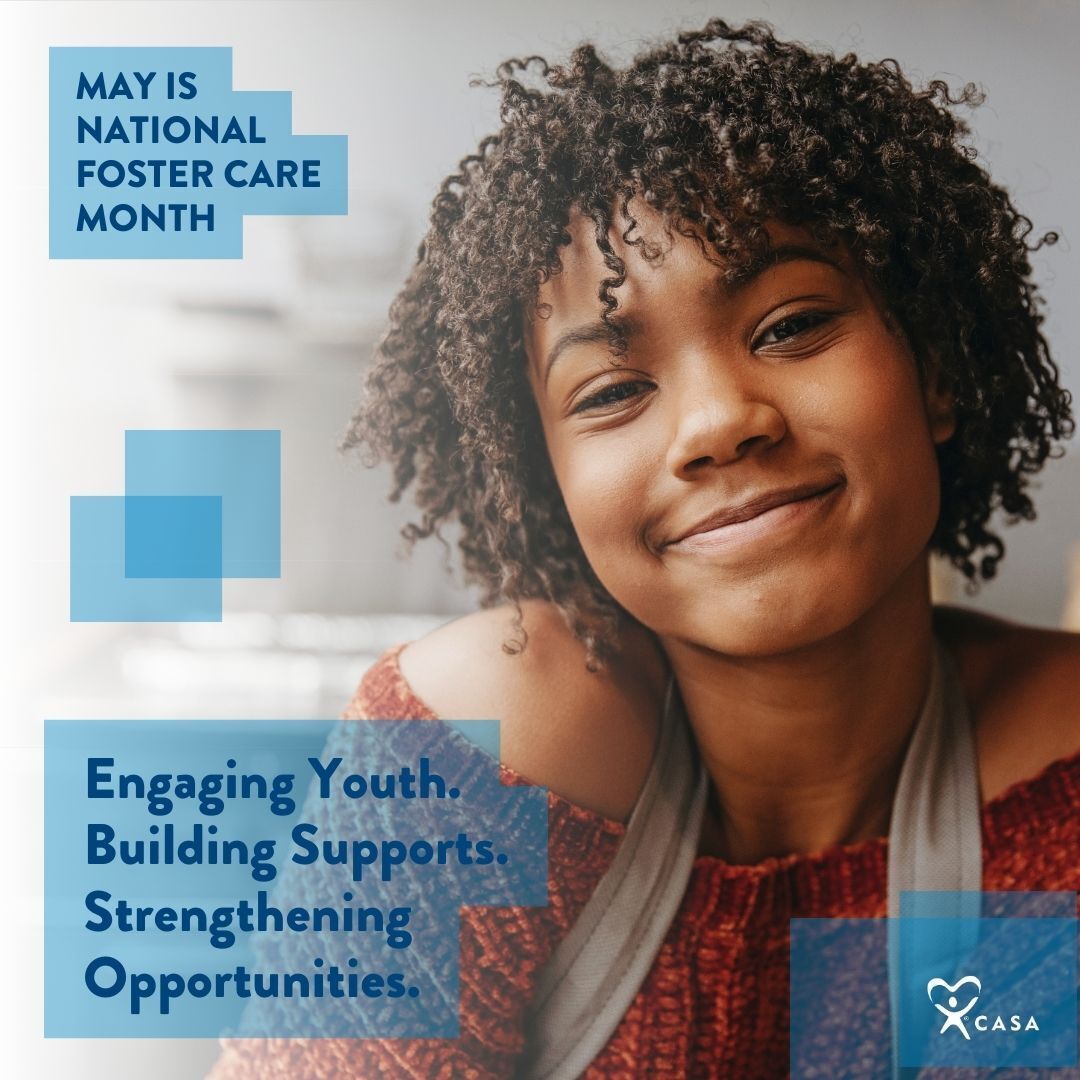
Without support, young people transitioning out of foster care face many challenging obstacles. Having basic needs met, like housing and food security, can make a big difference. CASA volunteers can help build a support system and find resources for youth aging out of foster care.
CASA volunteers not only advocate for children and youth within the court, child welfare and school systems, but also form connections with them that can last for years. Many young people who age out of the foster care system will maintain a relationship with their CASA volunteer into adulthood.
CASA volunteers work with legal and child welfare professionals, educators and service providers to ensure that judges have all the information they need to make the most well-informed decisions for each child.
CASA volunteers provide a consistent advocate, and reliable resource for children and youth during times of great uncertainty and transition.
Children and youth with a CASA volunteer are more likely to receive highly tailored case management and timely provision of resources and support services.
Relational permanency—the ability to preserve and maintain important long-term relationships—is fundamental to the well-being of children and youth in foster care. Maintaining relationships with relatives and kin can increase stability, reduce trauma, and help children maintain a sense of family, belonging, and identity.
Resources for youth aging out of foster care can be found on the Nebraska CASA website here.


